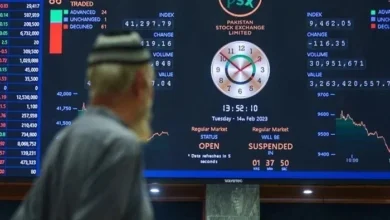Scientists have warned that this summer could include some of the shortest days of your entire life.
On July 22 and August 5, experts predict the day will be 1.38 and 1.51 milliseconds shorter than average, respectively.
This is because the planet’s rotation has entered an unexpected period of acceleration, shaving a millisecond or so off the length of a solar day.
But what would happen if the world just kept getting faster?
Given that a blink takes 100 milliseconds, you are unlikely to notice any big changes for a long time.
However, scientists say that unchecked acceleration would eventually lead to disastrous consequences.
If Earth were spinning just 100 miles per hour faster than it does now, the world would be hit by stronger hurricanes, catastrophic flooding, and the collapse of satellite networks.
And, if the world were to double its speed, it would likely be the end of life as we know it.
On average, it takes the planet 24 hours, or 86,400 seconds, to complete one full rotation, which is called a solar day.
Small fluctuations like the location of the moon or volcanic eruptions can shift this around a millisecond in either direction, but the rotation is generally fairly stable.
Because the Earth is a sphere, its circumference is smaller near the poles than at the equator, so the planet’s surface moves faster the further you get from the poles.
Someone standing at the equator is rotating in space at around 1,037 mph (1,668 kmph) while somebody in London is only moving at about 646 mph (1,041 kmph).
Compared to these speeds, an increase of just one mile per hour might not seem like a big difference.
The days would be about a minute and a half shorter overall, which our body clocks probably wouldn’t notice right away.
Witold Fraczek, an analyst at ESRI, a mapping software firm, told Popular Science: ‘It might take a few years to notice it.’
However, an unexpected effect is that satellites in orbit would soon be knocked out of sync.
Some satellites are ‘geosynchronous’, meaning they move at the same speed as Earth’s rotation to stay over the same location.
If the Earth speeds up, those satellites will lose their position and navigation, communication, and weather monitoring services would start to fail.
However, some satellites carry fuel to adjust their orbit, and others could be replaced, so the results should not be disastrous.
Mr Fraczek says: ‘These could disturb the life and comfort of some people, but should not be catastrophic to anybody.
The bigger impact is that water would start to move from the poles to the equator due to the increased centrifugal forces.
Even at just one mile per hour, this would cause sea levels to rise by a few inches around the equator.
For cities already at or very near sea level, this could lead to devastating flooding.







